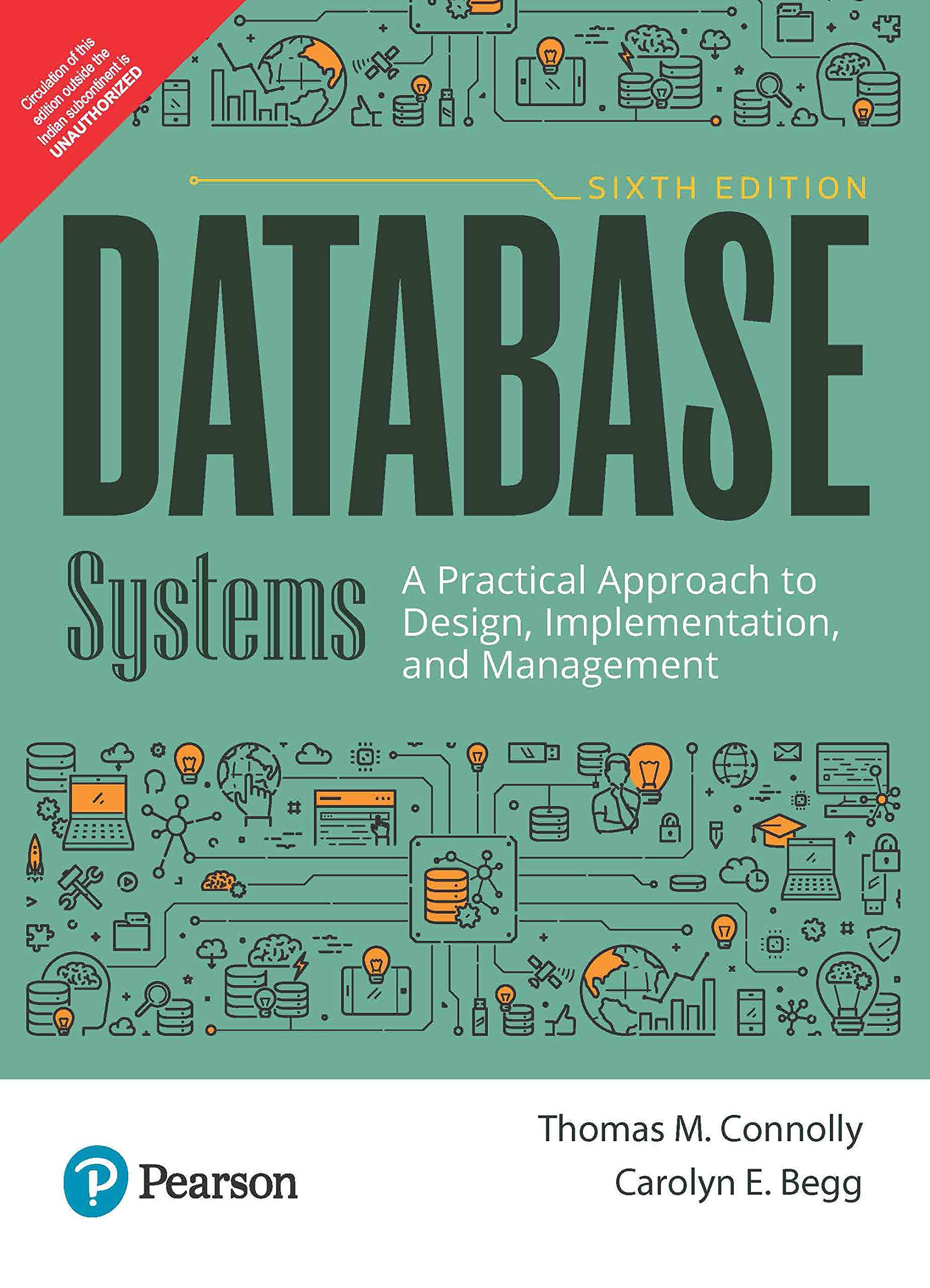Question
Problem | Binary exponentiation Recall the exponentiation algorithm given in class for evaluating a n (mod m) (a Z, m,n N): 1. Compute the binary
Problem | Binary exponentiation Recall the exponentiation algorithm given in class for evaluating an (mod m) (a  Z, m,n
Z, m,n  N):
N):
1. Compute the binary representation of n: n = b0 2k + b1 2k-1 + ... + bk-1 2 + bk , with b0 = 1, i  {0, 1} for 1
{0, 1} for 1  i
i  k, and k =
k, and k =  2. Initialize r0
2. Initialize r0  a (mod m).
a (mod m).
3. For 0  i
i  k -1 compute
k -1 compute 
4. Output rk.
(a) To warm up with a toy example, compute 1711 (mod 77) using the procedure above; answers that don't use the binary exponentiation algorithm will receive no credit, even if they are correct. Show all your work, and write down all your intermediate quanti- ties bi and ri. Your answer should be an integer between 0 and 76.
(b) In this problem, you will formally prove that the binary exponentiation algorithm is correct.
i. Define s0 = 1 and si+1 = 2si + bi+1 for 0  i
i  k -1. Use induction on i to prove that
k -1. Use induction on i to prove that  ii. (4 marks) Let ri , 0
ii. (4 marks) Let ri , 0  i
i  k, be defined as in steps 2 and 3 of the exponentiation algorithm. Use induction on i to prove that ri
k, be defined as in steps 2 and 3 of the exponentiation algorithm. Use induction on i to prove that ri  asi (mod m) for 0
asi (mod m) for 0  i
i  k.
k.
iii. (2 marks) Prove that an  rk (mod m), so the algorithm above does indeed compute an (mod m) as claimed.
rk (mod m), so the algorithm above does indeed compute an (mod m) as claimed.
Note: Sorry for the confusion. I have updated the questions. Hopefully, you can see them clearly now. Thanks.
Transcribed image textStep by Step Solution
There are 3 Steps involved in it
Step: 1

Get Instant Access to Expert-Tailored Solutions
See step-by-step solutions with expert insights and AI powered tools for academic success
Step: 2

Step: 3

Ace Your Homework with AI
Get the answers you need in no time with our AI-driven, step-by-step assistance
Get Started


